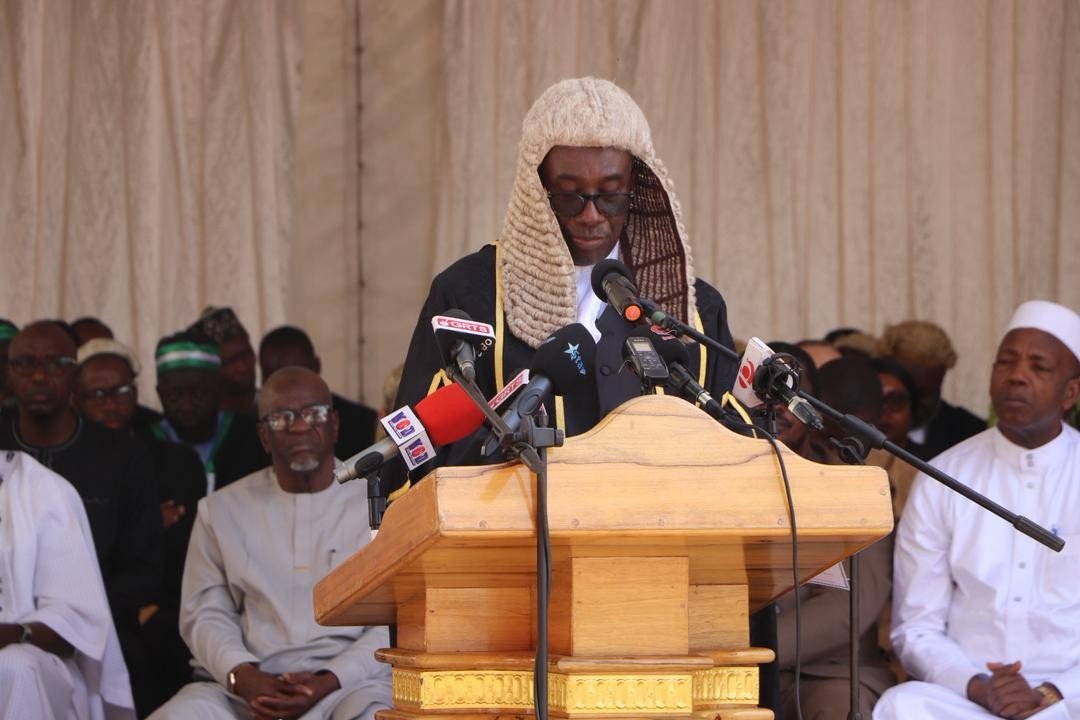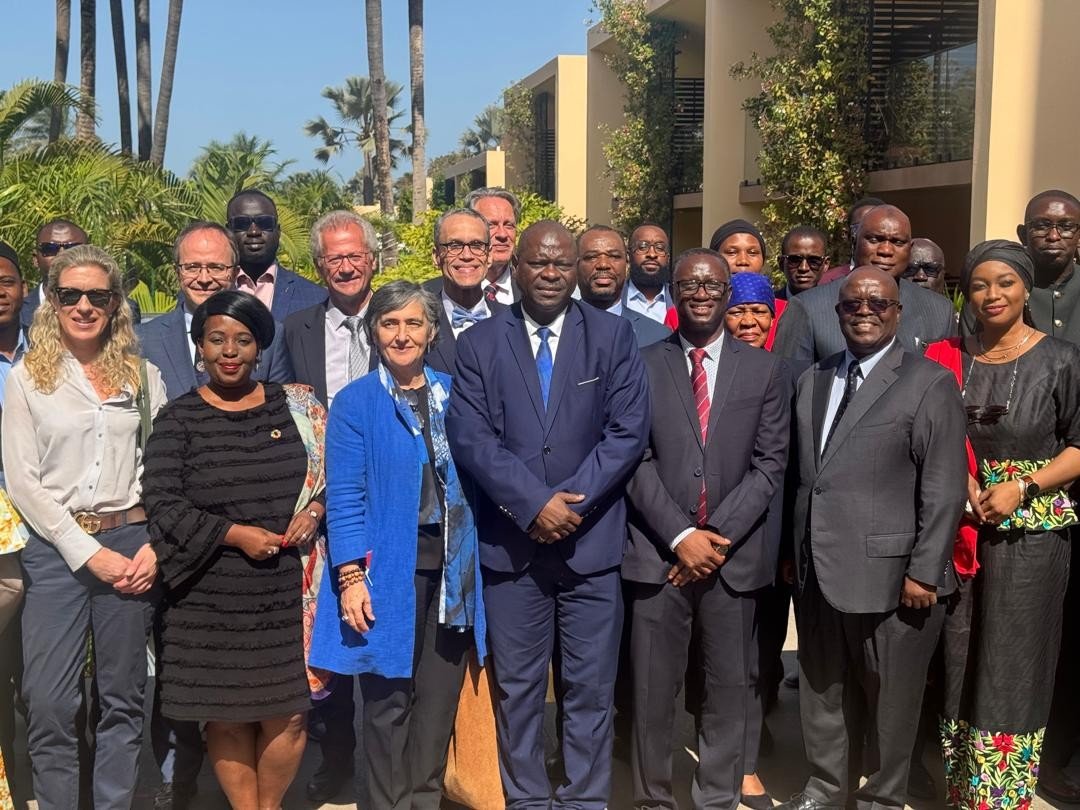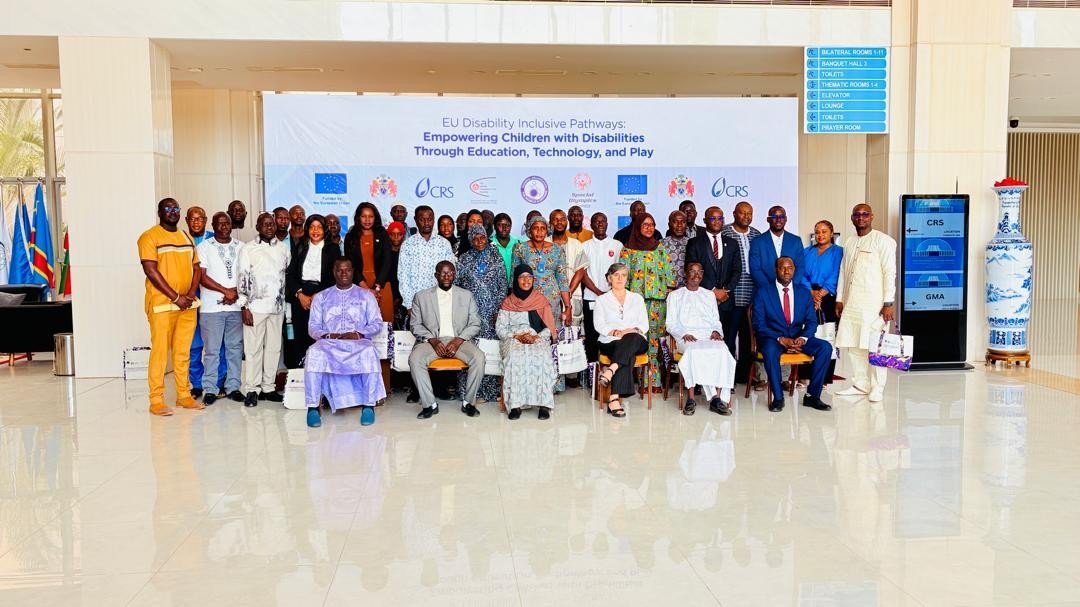The United Nations Development Fund (UNDP) recently launched its 2025 annual Human Development Report, bringing together state ministers, permanent secretaries, diplomats, academics, activists and CSO members to discuss the substance of this year’s report.
The high-level event was staged at the Kairaba Beach Hotel in Senegambia, with people who have distinguished themselves in their various fields being in attendance.
This year’s report took a dramatic and astonishing theme: ‘A Matter of Choices: People and Possibilities in the Age of AI’.
Madisa Mashologu, UNDP Gambia resident representative, stressed during the opening ceremony that AI reshapes economies, societies and public services.
The report makes a clear call to ensure that its benefits are equitably shared, its governance is inclusive, she reiterated, adding that AI deepens and not divides human progress.
“Launching this report,” she stated at the weekend, “offers us the opportunity, a very tiny opportunity, to reflect over how we can harness emerging technologies to tackle our most depressing development challenges and help bridge long standing inequalities to accelerate achievements towards the SDGs.”
Minister of Higher Education, Research, Science and Technology, Prof Pierre Gomez, averred that the report comes at a crucial moment, saying Artificial Intelligence, once the domain of science fiction, is now deeply embedded in the rhythms of our daily lives.
“It has entered our homes, our classrooms, our hospitals, and increasingly, our dreams and fears, “he affirmed. “The report issues a sobering but empowering message: AI is not destiny. It is a decision.”
Prof. Gomez underscored that in this new AI frontier, people must move forward not alone, but together, with intentionality, with inclusion and with justice, saying the choices people make today will shape their opportunities and freedoms of tomorrow.
“At stake is not only how we use AI, but whether we allow it to deepen inequality or become a force for equity,” he rationalizes. “AI can be the great accelerator of progress, or the great divider of humanity.”
However, he stressed that technology must not widen the gap between the powerful and the powerless. It must be used to close it.
Deputy permanent secretary at the Ministry of Communication and Digital Economy, Ebrima Darboe, like Prof Pierre Gomez, acknowledged the pivotal moment in The Gambia and Africa generally that the report coincides with.
He said: “As enshrined in the recovery-focused national development plan, especially under outcome 7.4 of pillar 7 – making the Gambia a digital nation – we are making strategic choices about how to harness digital transformation – not as an end in itself, but as a powerful enabler of human development, equity, and resilience.”
He informed that at the Ministry, they are firmly prioritizing artificial intelligence as a viable tool for empowerment, not exclusion, adding that they believe AI must serve to enhance public service delivery, unlock youth potential, and drive inclusive economic growth.
He disclosed that the Ministry is actively advancing a comprehensive digital agenda that aligns with the aspirations of the Human Development Report, and also deeply engages in regional and global dialogues to ensure African voices and values shape the future of AI governance.
Concluding his speech, he emphasised: “The 2025 HDR rightly reminds us, technology is not destiny – it is shaped by the choices we make. Let us choose to build a digital future that is inclusive, ethical, and anchored in human dignity. Let us ensure that AI and digital tools serve as bridges – not barriers – to opportunity.”






